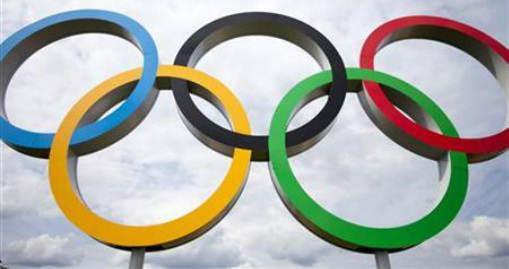The International Olympic Committee
The International Olympic Committee is a Swiss non-profit, non-governmental organization based in Lausanne, Switzerland, founded on 23 June 1894 by Pierre, Baron de Coubertin. The 1st Olympic games of the modern era opened in Athens on 6 April 1896. The Olympic Movement encompasses organizations, athletes and other persons who agree to be guided by the principles of the Olympic Charter.
|
"The goal of the Olympic Movement is to contribute to building a peaceful and better world by educating youth through sport practiced without discrimination or any kind, in a spirit of friendship, solidarity and fair play."
- Olympic.org Official website of the Olympic Movement |
The role of the International Olympic Committee, or IOC, which is the supreme authority for all matters concerning the Olympic games, is to supervise, support and monitor the organization of the Olympic Games; to make certain they run smoothly and to guarantee that the rules of the Olympic Charter are respected.
The IOC collaborates between all agencies that are part of the Olympic family. One affiliated member organization, The Organizing Committees for the Olympic games (OCOGs), is responsible for fulfilling these main tasks:
1. To give equal treatment to every sport on the program and ensure that competitions are held according to the rules of the International
Sports Federations
2. To ensure that no political demonstration or meeting is held on Olympic sites
3. To choose and, if necessary, create the required installations: competition venues, stadiums and training halls; to arrange for the required
equipment
4. To lodge the athletes, their entourage, the officials
5. To organize medical services
6. To solve transportation problems
7. To meet the requirements of the mass media in order to offer the public the best possible information on the games
8. To organize cultural events that are an essential element of the celebration of the Olympic games
9. To write the Final Report on the celebration of the games in the two official languages and distribute it within two years after the end of the
games
The IOC collaborates between all agencies that are part of the Olympic family. One affiliated member organization, The Organizing Committees for the Olympic games (OCOGs), is responsible for fulfilling these main tasks:
1. To give equal treatment to every sport on the program and ensure that competitions are held according to the rules of the International
Sports Federations
2. To ensure that no political demonstration or meeting is held on Olympic sites
3. To choose and, if necessary, create the required installations: competition venues, stadiums and training halls; to arrange for the required
equipment
4. To lodge the athletes, their entourage, the officials
5. To organize medical services
6. To solve transportation problems
7. To meet the requirements of the mass media in order to offer the public the best possible information on the games
8. To organize cultural events that are an essential element of the celebration of the Olympic games
9. To write the Final Report on the celebration of the games in the two official languages and distribute it within two years after the end of the
games
